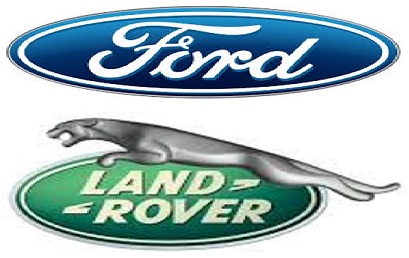Jaguar Land Rover, Ford and Tata Motors are evaluating connected vehicles which can communicate with each other using technology developed to speed up journeys and cut accidents, the very first such trials in Britain.
Automobiles that have the ability to alert motorists when another linked automobile brakes suddenly and those which can keep track of on traffic signals and manage their speed to experience less red lights were being showcased at a testing ground in central England.
Increasingly advanced technology in vehicles is leading the way for totally driverless cars, with Jaguar Land Rover (JLR), owned by Tata Motors, also showing a self-driving Range Rover Sport that can automatically overtake slower moving vehicles.
“The advantages of having cars that can communicate with each other and their environments could be really considerable– from increased road security to enhanced traffic flow,” stated Tim Armitage, a job director at government-backed UK Autodrive which collaborated the trials.
Previously this month, a driverless vehicle was trialed on Britain’s streets for the first time as part of federal government efforts to create a market which can serve a worldwide market which it estimates to be worth approximately 900 million pounds ($1.1 billion) by 2025.
Britain is intending to have driverless cars on its roads by the end of the decade.
Jaguar Land Rover stated previously this year that it plans to create a fleet of over 100 research vehicles over the next four years to evaluate self-driving and connected technology and Volvo plans to trial driverless automobiles in London next year.


